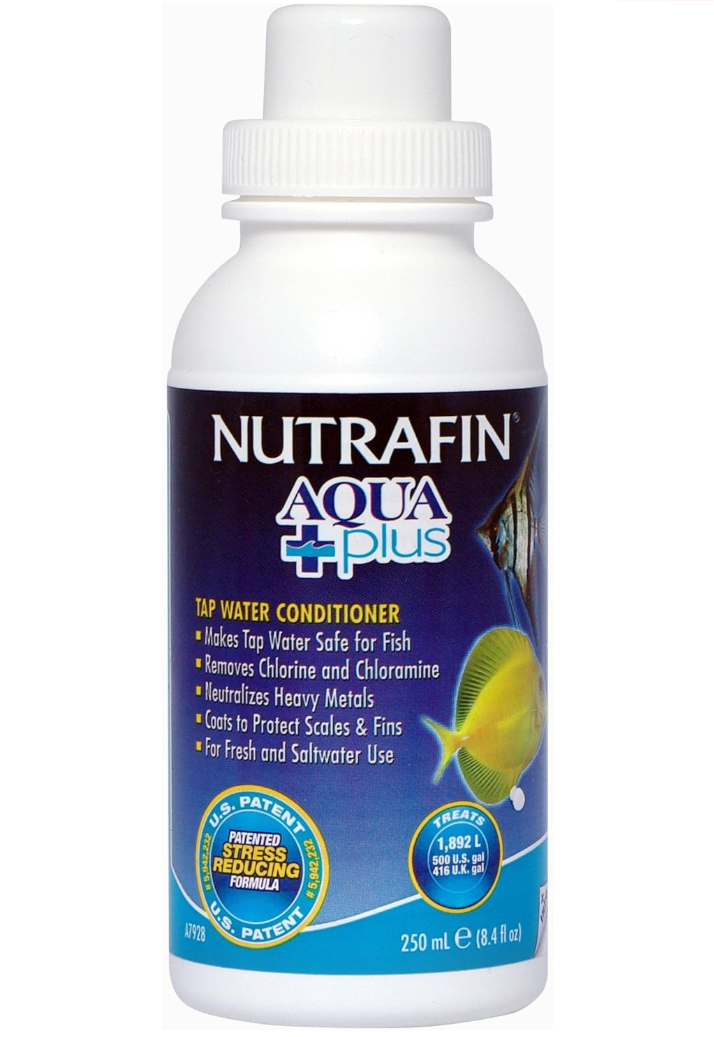Tropical Fish Aquarist
Archives
The Importance of Water Conditioners in Aquariums
SIGN UP FOR OUR NEWSLETTER
Ensuring Aquarium Health: The Essential Role of Water Conditioners |
Why Treating New Water Is Crucial for Your Fish's Well-being |
Introducing new water into your aquarium without proper treatment can pose significant risks to your aquatic life.
Municipal tap water often contains chlorine and chloramine, disinfectants that are harmless to humans but toxic to fish. These chemicals can damage fish gills, leading to respiratory distress and, in severe cases, death. Water conditioners neutralize these harmful substances, rendering the water safe for your fish.
In addition to chlorine and chloramine, tap water may contain heavy metals like lead and copper, which are detrimental to fish health. Water conditioners often include chelating agents that bind to these metals, preventing them from harming your aquatic pets.
Even if your water source is a private well, treatment is still necessary. Well water can harbor contaminants such as pesticides, herbicides, or naturally occurring heavy metals. Regular testing of well water is essential, and using a water conditioner ensures any potential toxins are neutralized before adding the water to your aquarium.
There are rare instances where a water conditioner might not be necessary. If you're using reverse osmosis (RO) or deionized (DI) water, these processes remove most impurities, including chlorine and heavy metals. However, RO/DI water lacks essential minerals beneficial to fish health.
In such cases, it's crucial to remineralize the water to provide a balanced environment for your fish.
Treating new water with a water conditioner is a fundamental step in aquarium maintenance. It safeguards your fish from harmful chemicals and metals, ensuring a healthy and thriving aquatic environment.
Whether your water source is municipal tap water or a private well, using a water conditioner is a simple yet effective measure to protect your aquatic life. |

